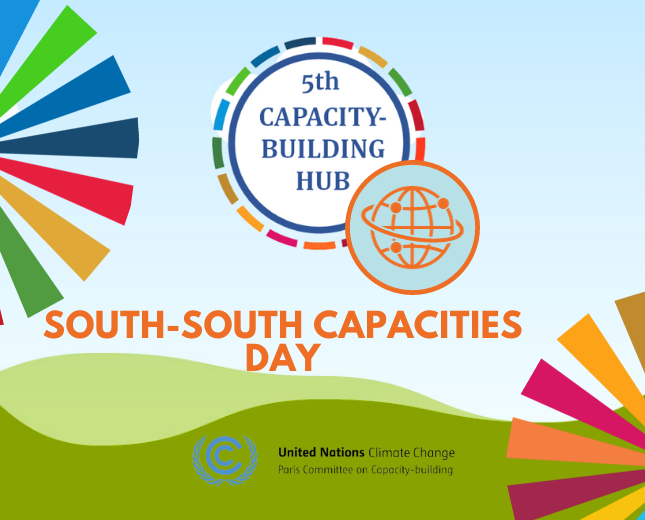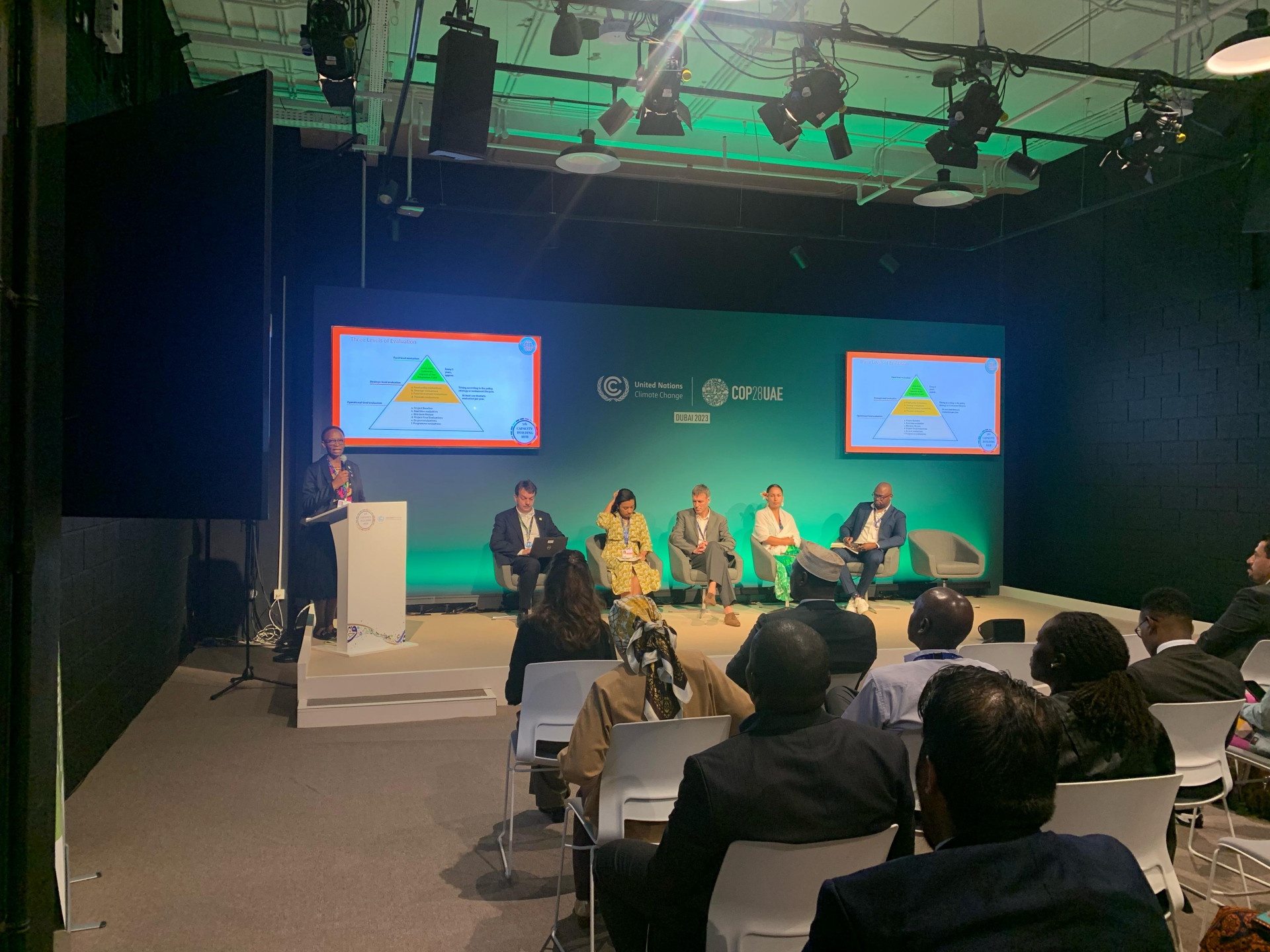Credit: Impulsouth
Recording
Organizers
This session was co-hosted by UNEPCCC and Adaptation Fund
Background
UNEP Copenhagen Climate Centre is a leading international advisory institution on energy, climate and sustainable development. Its work focuses on assisting developing countries and emerging economies transition towards more low carbon development paths, and supports integration of climate-resilience in national development. UNEP Copenhagen Climate Centre is actively engaged in implementing UN Environment’s Climate Change Strategy and Energy Programme. The centre employs 70 experts of 22 different nationalities working around the world from offices in UN City, Copenhagen and has more than 30 years of experience working with academia from leading institutions around the world.
The AF-TERG is an independent evaluation advisory group accountable to the Adaptation Fund Board, established to ensure the independent implementation of the Fund’s evaluation policy. The policy establishes requirements for how Fund activities should be evaluated in line with international principles, norms, and standards. While independent of the operations of the Adaptation Fund, the aim of the AF-TERG is to add value to the Adaptation Fund’s work through independent monitoring, evaluation and learning.
This session aimed to hold a panel discussion supported by technical presentations to elucidate the following questions:
-
If the adaptation impacts sustained over time?
-
What are the capacities and Gaps required to make adaptation actions more sustainable?
-
What capacities are most needed in national government to assess past and likely future loss and damage?
-
How evaluations and evidence generation can better support the efforts to address loss and damage?
Objectives
-
The workshop enhanced understanding of differences and linkages between adaptation and loss and damage concepts and how to assess them in a more transparent and effective manner.
-
The objective was to raise awareness and identify the capacity needs and gaps for M&E of adaptation and loss and damage.
-
Learned from the past project and thematic evaluations by AF to understand the effectiveness and sustainability of adaptation projects over time.
-
Shared experience from adaptation and loss and damage project implementations and their relation to capacity building
Speakers
|
Name
|
Affiliation/Organization
|
|
Henry Neufeldt
|
UNEPCCC
|
|
Sithabiso Gandure
|
Adaptation Fund TERG
|
|
Katherine Martinez
|
Panama-Ministry of the Environment
|
|
Tlou Ramaru
|
Climate Change Adaptation at the Department of Forestry, Fisheries and Environment (DFFE) in South Africa
|
|
Terito Story (TBC)
|
Representative of youth
|
|
Fatemeh Bakhtiari
|
UNEPCCC
|
|
Daleen Lotter
|
Council for Scientific and Industrial Research, South Africa, Pretoria (CSIR)
|
Moderator
Vladislav Arnaoudov, Adaptation Fund TERG
Key Outcomes
-
Capacity building for M&E in adaptation and loss and damage is hindered by lack of expertise, resources, and alignment with policy, requiring comprehensive approaches involving various stakeholders to enhance understanding of climate change impacts.
-
Learning from successful practices in the Global South can help strengthen M&E systems, data analysis, and decision-making to better respond to loss and damage from climate change.
-
Enhancing transparency in adaptation and loss and damage efforts is crucial for tracking, reporting, and addressing climate change impacts effectively through informed decision-making.
-
Involving youth and indigenous communities in M&E capacity building brings diverse perspectives and traditional knowledge, fostering inclusive decision-making and promoting resilience in facing climate challenges.
-
Capacity building to address non-economic loss and damage, particularly psychological impacts on youth and vulnerable groups, involves training, awareness, and support networks to cope with and recover from climate-related psychological effects.
-
Learning from both ex-post and ex-ante evaluations of adaptation projects is vital for improving effectiveness, sustainability, and resilience, guiding future projects through identifying best practices, innovation, and accountability measures.

